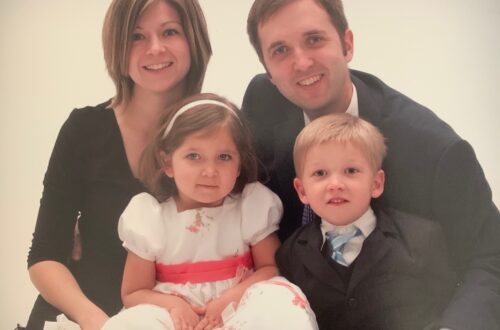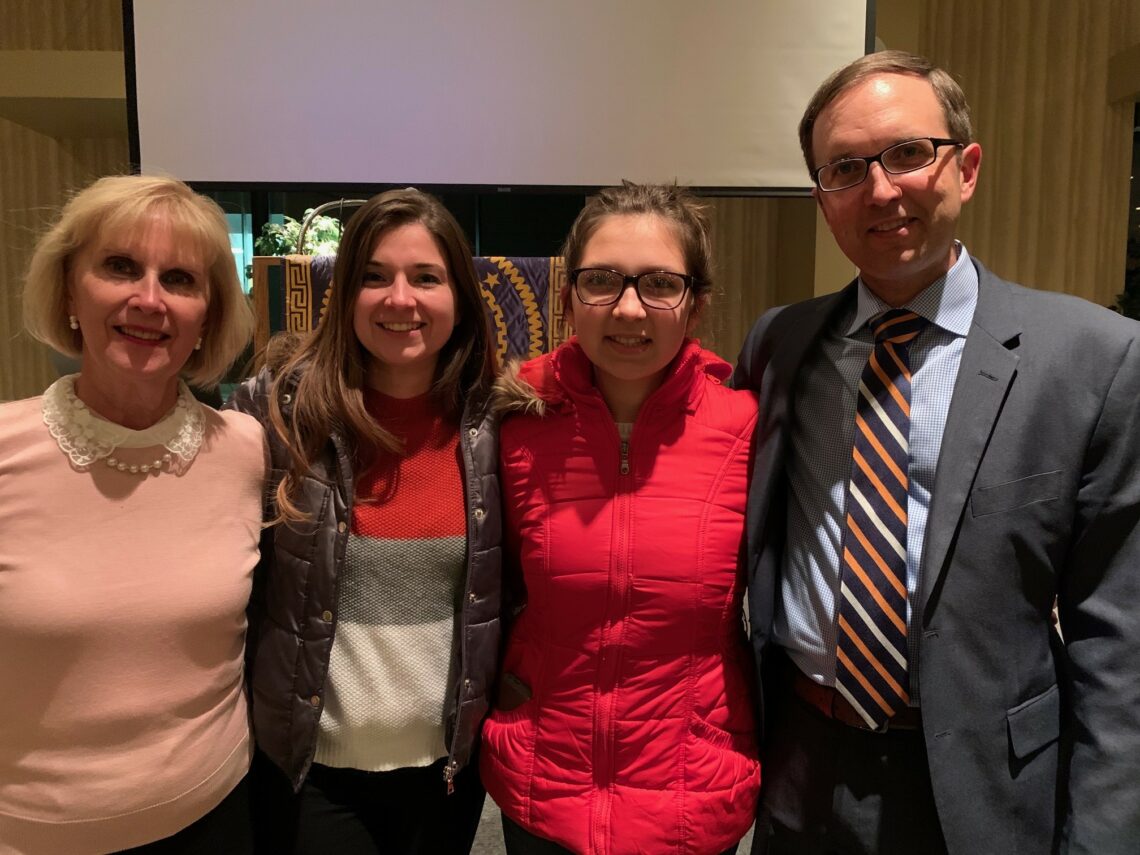
Sarah Beck: amateur translator
This summer I spent a lot of Sundays and a week-long church camp sitting next to a lovely teenager from the Democratic Republic of Congo. She’s smart, a little bit shy, loves music, and is an incredible artist. She moved to the United States in June as a French speaker knowing very little English. And so when the small handful of the true fluent French speakers in the congregation weren’t available to translate English church services into French for her, I would try my best to help her out.
My French is decent enough for my own purposes (as in I can make my way around France okay and listen to PM Justin Trudeau and other French-speaking politicians on NPR because it’s at a pace that’s slow enough for me to figure out) but translating? Translating is a whole different kind of French.
Translating requires you to remember groups of words or sentences before you can turn them around into the other language. Translating means conveying the meaning of the sentence, not necessarily flipping every single word. Translating means tuning out all the other noises in the room so you can listen to the main speaker and then realizing you’re contributing to the noise because you’re also talking at the same time. Translating also shows you all the things you don’t know about the language: obscure verb conjugations and vocabulary. Regular verb conjugations and vocabulary. Everything. And church words? Church words are hard. I never learned church words in elementary school, junior high, high school, or university. So when one Sunday’s lesson was centred on “the parable of the talents” my very bad translation was “l’histoire des cadeaux” (or the story of the gifts/presents). Because who learns those words “parable” or “talent” in French class?” (By the way, it’s “parabole des talents” in real French. Looks a lot like the English, right?). I’ll be honest. My translation skills aren’t that great, and I’m sure that poor teen is always hoping that one of the real French speakers in our congregation will show up and do a better job.
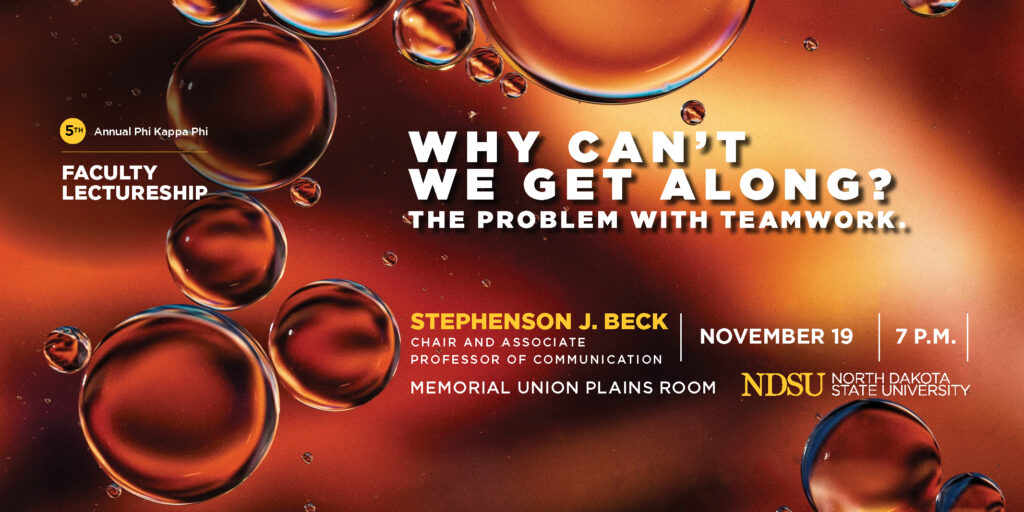
I know I’ve posted about this a few times before, but I honestly feel like J’s language skills still sit at an English language learner’s level and he’s walking around Fargo every day trying to make sense of a world that speaks an English that’s always confusing to him.
One quirky thing he’s been doing over the past year is made me his unofficial translator of English. Whenever J and I are at some sort of group event, lesson, or even just listening to NPR in the car, he’s asks me about once a minute what a certain words mean. Church words (resurrection, chastise, miraculous, church words), regular words (impeachment, inquiry, judicial), all the words. (The most challenging words are all the Star Trek TNG words he asks me during an episode: Ferengi, Dilithium Chambers, Spatial Anomaly, because I don’t know what half of those words are myself) I’m constantly “translating” words–giving quick, rapid fire definitions or a real time thesaurus list of words that are comparable to the word in question. And 99% of the time, they’re not words that have a one word answer. They’re concepts or emotions that take a lot of explaining to do. If anyone would have told me while sitting around in my French and English classes back in the late 90s/early 2000s while getting my BA that I’d be using all the English and French I was learning 20 years down the road, I’d never thought it would look like this.
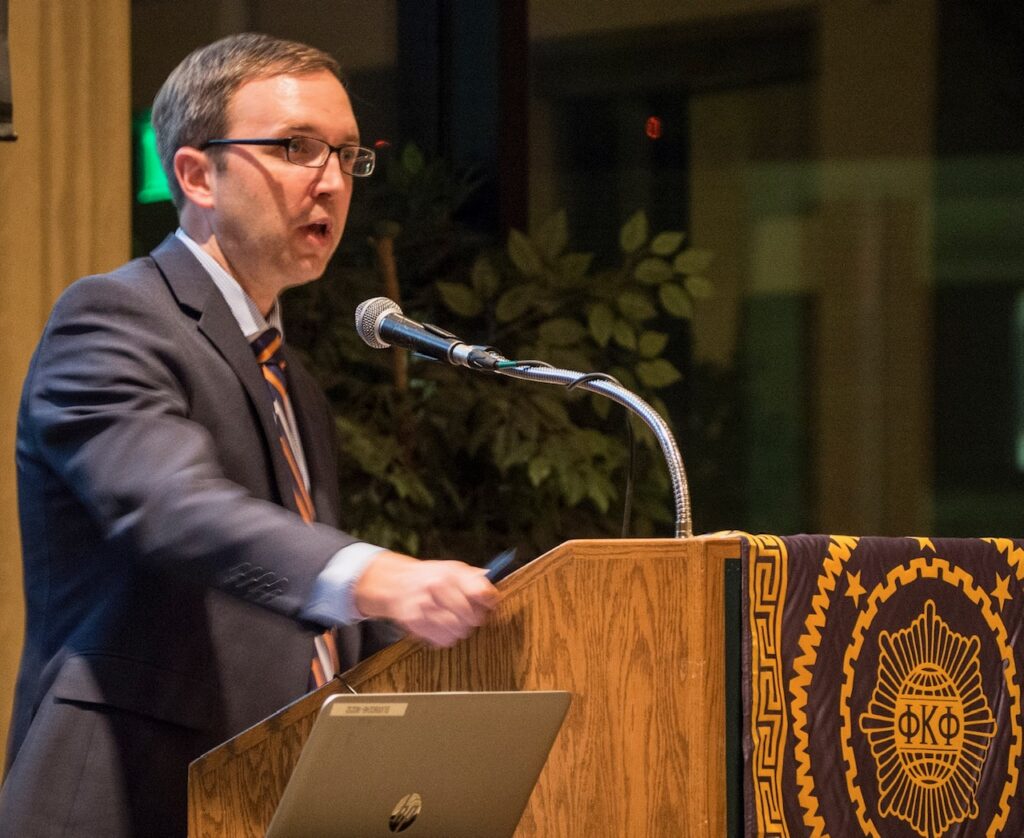
Tuesday, Steve gave a presentation for NDSU’s Phi Kappa Phi Lectureship which was a really special honour. Steve had run by drafts of his presentation at home, and I was so excited to hear how he decided to finally polish it off (and here’s the crazy thing–I actually get really excited to hear Steve talk about his research. Maybe it’s the writer in me, but I really like the psychological mystery of why we interact with people the way we do and what problems and conflicts happen when we interact with each other).
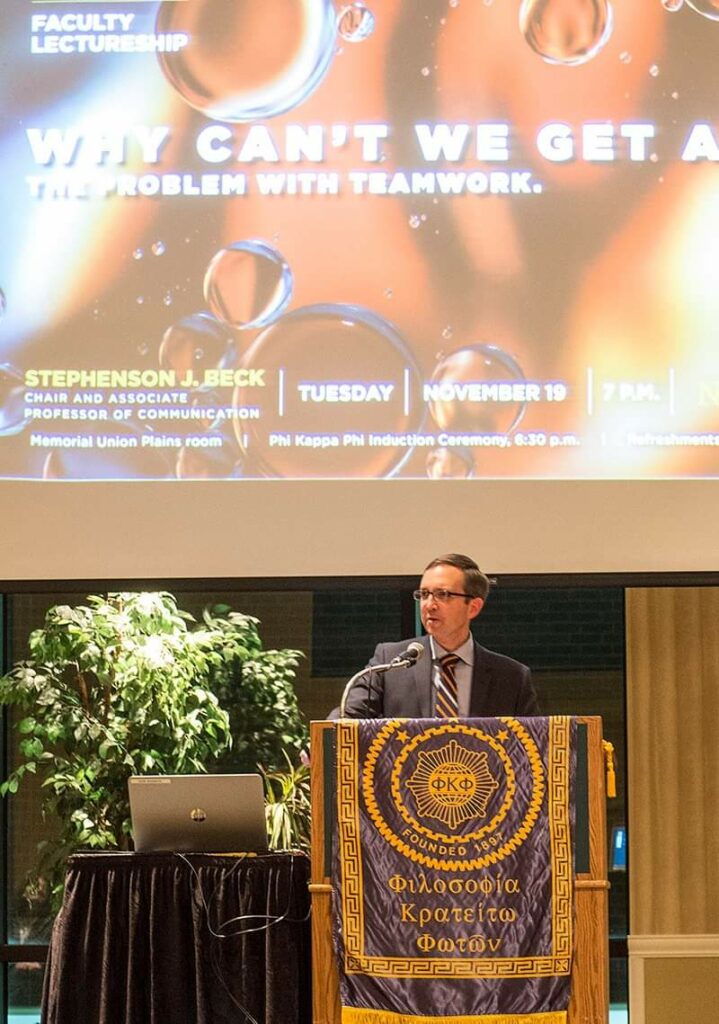
The whole family attended Steve’s presentation, including his mom who flew in from out of town and I didn’t expect that J would be interested in Steve’s presentation. It was 7:00 Tuesday night, and J mentally checks out at 7:00 at night. I figured his strategy would be to try to sit and be quiet for as long as he could because that was required of him. And sure enough, when we first walked into the room, J’s first question was “when is this going to be over?” (like any kid being dragged along to listen to their parent talk about their work for 45 minutes). But minutes into Steve’s presentation, J expected me to be his personal translator. Words like incompetence, prioritize, caseload, diversity, engaged (which has multiple definitions), perpetual, and facilitator. I’m not sure how much he was actually picking up and remembering, but the awesome thing was that he was trying. I think it just goes to show that J is ALWAYS trying. Of course, J wasn’t quite satisfied with my quick explanations (I was trying to keep them to a minimum since my two kids were the only kids in the room). He demanded clarification about definitions if he thought they were too short or gave very blunt reminders of how he didn’t like “how my breath smelled” as I tried to minimize our “translation disruptions” by whispering close to his ear.
*Note to self: Altony’s garlicky leftovers might need a piece of gum after that thorough teeth brushing.*
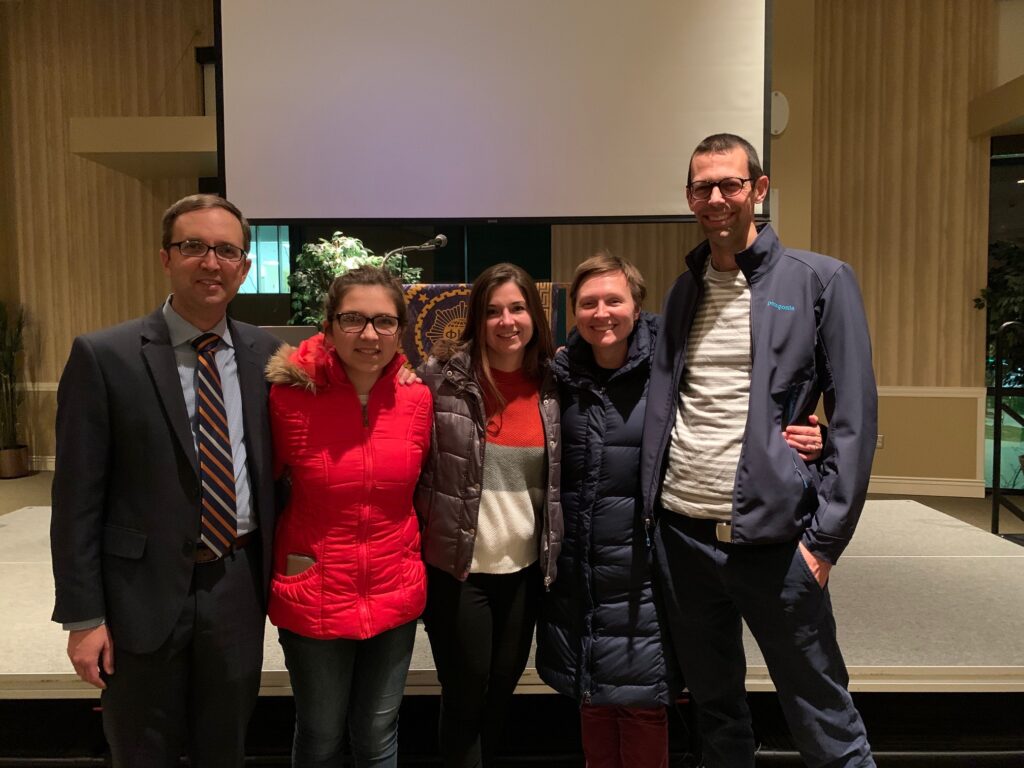
If you asked J after the presentation if he knew what his dad was talking about for the last 45 minutes, I’d bet you a million bucks he’d say “I don’t know.” That’s just how it works (or doesn’t work). No matter how good my “translations” are, it doesn’t help J understand the message. He spends so much time (10-20 seconds) trying to process the word in question that he’s totally tuning out the entire next three sentences. Bless his little heart, the kid tries, despite all the cluttered connections in his brain.
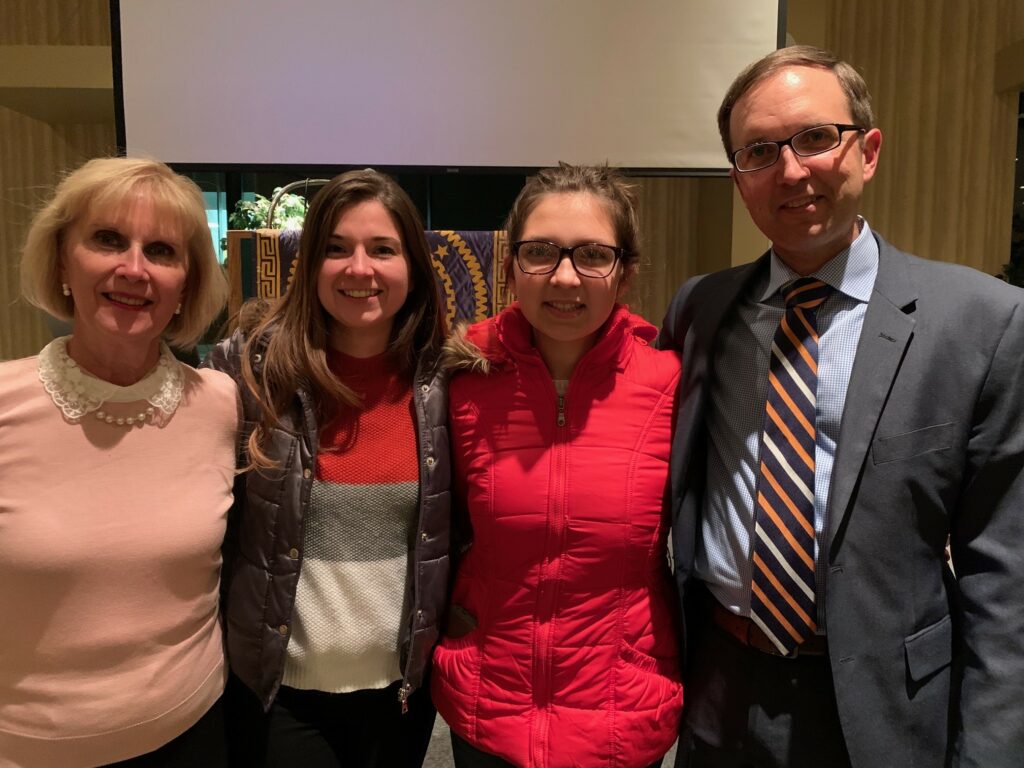
If you told me 10 years ago, J would be sitting through a lecture at a university listening to current research findings and he’d be doing his best to try to listen along, I wouldn’t have believed you. But here we are. And as much as he drives me crazy sometimes with the thankless requests for translation (and comments on my breath), I’ll keep doing it if it makes him feel like he’s connecting with the world around him.




